
The Majestic Makran Coastal Highway: Pakistan's Coastal Gem
The Makran Coastal Highway offers a breathtaking journey along Pakistan's Arabian Sea coastline. Stretching from Karachi to Gwadar, this highway spans over 650 kilometers of stunning landscapes and serene beaches. The route showcases a blend of natural beauty, with rocky cliffs, golden sandy beaches, and the azure waters of the Arabian Sea. One of the highlights along the highway is Hingol National Park, known for its diverse wildlife and unique rock formations, such as the iconic Princess of Hope and the awe-inspiring Sphinx. This national park is also home to the Hingol River, which meanders through the rugged terrain, offering picturesque views at every turn. Another must-see is the pristine Kund Malir Beach, a tranquil spot perfect for a relaxing getaway. The beach is known for its clear turquoise waters and fine sand, making it a favorite among locals and tourists alike. For history enthusiasts, the ancient port city of Ormara provides a glimpse into the region's rich maritime history. Travelers can also experience the local culture by visiting fishing villages along the highway. These villages offer an authentic taste of coastal life, with fresh seafood and traditional crafts. The Makran Coastal Highway is not just a road; it's a journey through some of Pakistan's most splendid natural and cultural landscapes.
Local tips in Makran Coastal Highway
- Carry plenty of water and snacks as there are limited facilities along the highway.
- Plan your trip during the cooler months (November to February) for a more comfortable experience.
- Ensure your vehicle is in good condition and fuel up at major stops as petrol stations are sparse.
- Don't forget to pack sunscreen and a hat to protect yourself from the strong coastal sun.
- Visit local fishing villages early in the morning to see fishermen at work and enjoy the freshest seafood.
The Majestic Makran Coastal Highway: Pakistan's Coastal Gem
The Makran Coastal Highway offers a breathtaking journey along Pakistan's Arabian Sea coastline. Stretching from Karachi to Gwadar, this highway spans over 650 kilometers of stunning landscapes and serene beaches. The route showcases a blend of natural beauty, with rocky cliffs, golden sandy beaches, and the azure waters of the Arabian Sea. One of the highlights along the highway is Hingol National Park, known for its diverse wildlife and unique rock formations, such as the iconic Princess of Hope and the awe-inspiring Sphinx. This national park is also home to the Hingol River, which meanders through the rugged terrain, offering picturesque views at every turn. Another must-see is the pristine Kund Malir Beach, a tranquil spot perfect for a relaxing getaway. The beach is known for its clear turquoise waters and fine sand, making it a favorite among locals and tourists alike. For history enthusiasts, the ancient port city of Ormara provides a glimpse into the region's rich maritime history. Travelers can also experience the local culture by visiting fishing villages along the highway. These villages offer an authentic taste of coastal life, with fresh seafood and traditional crafts. The Makran Coastal Highway is not just a road; it's a journey through some of Pakistan's most splendid natural and cultural landscapes.
When is the best time to go to Makran Coastal Highway?
Iconic landmarks you can’t miss
Kund Malir Beach Resort
Experience the serene beauty of Kund Malir Beach Resort, a hidden gem along the Makran Coastal Highway in Balochistan, Pakistan.
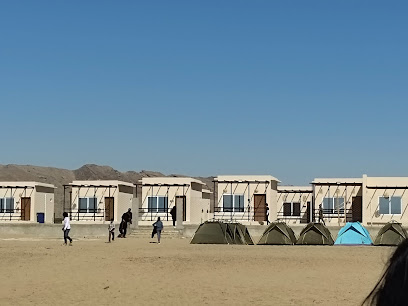
Hingol Balochistan National Park
Explore the breathtaking landscapes, unique wildlife, and rich geological wonders of Hingol Balochistan National Park, a true marvel of nature in Pakistan.
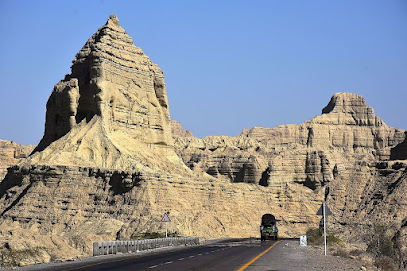
Princess of Hope
Explore the enchanting beauty of the Princess of Hope, a breathtaking natural rock formation in Las Bela, Balochistan, ideal for hiking and photography.
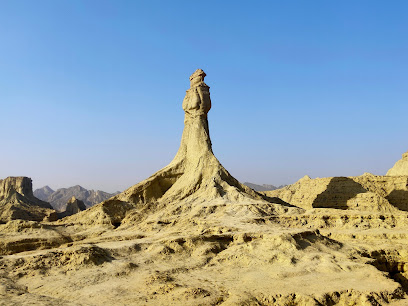
Kund malir Beach
Discover the unspoiled beauty and tranquility of Kund Malir Beach, a hidden gem along Pakistan's stunning coastline in Balochistan.
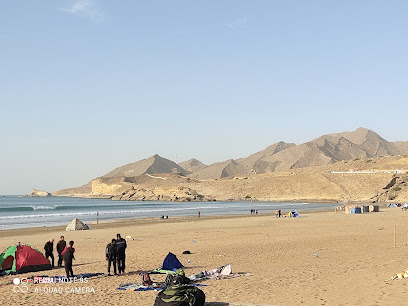
Zero Point Restaurant
Discover the flavors of Balochistan at Zero Point Restaurant, your ideal stop along Pakistan's stunning Makran Coastal Highway.
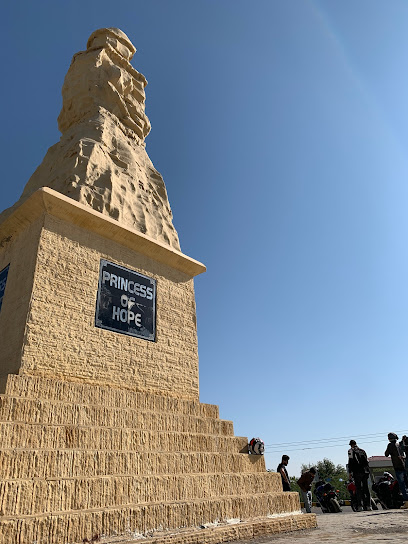
Kund Malir Beach Viewpoint
Discover the untouched beauty of Kund Malir Beach Viewpoint, a serene coastal escape in Balochistan, Pakistan, perfect for relaxation and adventure.
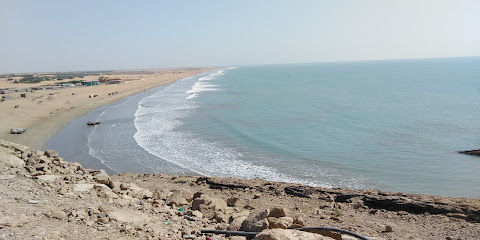
Chandragup Volcanos
Discover the breathtaking Chandragup Volcanos in Balochistan, where nature's power reveals stunning landscapes and ancient geological wonders.
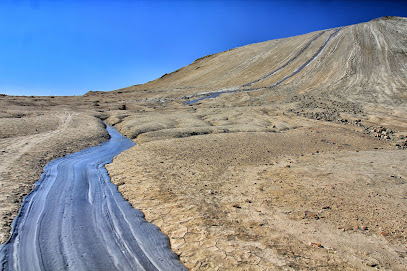
Buzzi Top Makran Costal Highway
Explore the breathtaking views of the Arabian Sea at Buzzi Top along the enchanting Makran Coastal Highway in Balochistan, Pakistan.
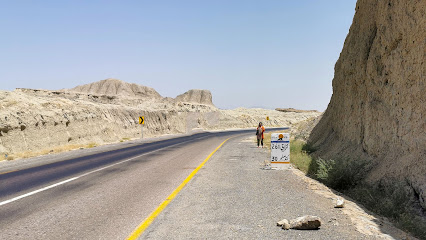
Kund Malir Seaside Balochistan
Discover Kund Malir Seaside in Balochistan, a pristine beach paradise renowned for its untouched beauty, ideal for relaxation and exploration.
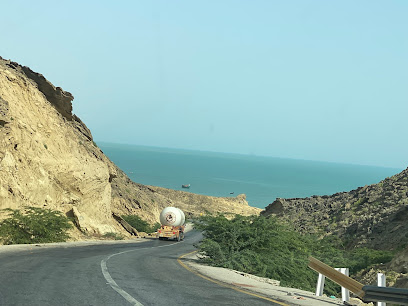
Road to Chandargup Mud Volcano
Explore the breathtaking Road to Chandargup Mud Volcano in Balochistan, where nature's artistry creates mesmerizing mud formations against stunning desert vistas.
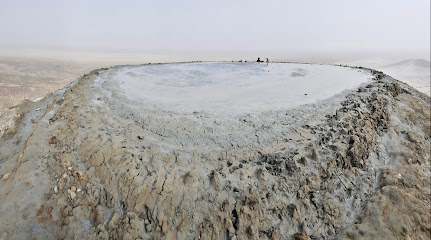
Makran Coastal Range
Explore the breathtaking landscapes and rich culture of the Makran Coastal Range in Gwadar, Balochistan, a true gem of Pakistan's coastal beauty.
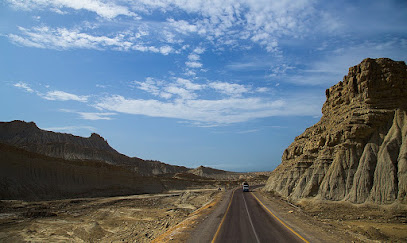
Koh e Batil
Explore the natural wonders of Koh e Batil in Gwadar, Balochistan, where stunning landscapes and rich cultural experiences await every traveler.
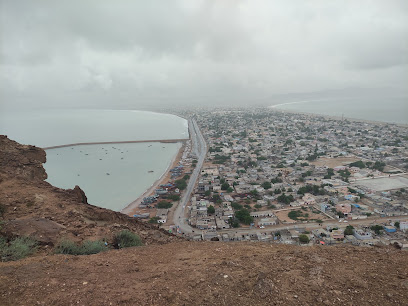
Golden Beach
Discover the serene beauty of Golden Beach in Balochistan, where golden sands meet tranquil waters for an unforgettable escape.
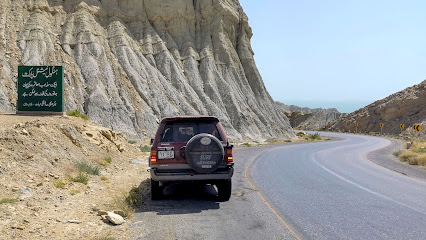
Balochistan Point
Explore the breathtaking coastal views and serene beauty of Balochistan Point, a hidden gem in Gwadar, Pakistan, ideal for nature lovers and adventurers.
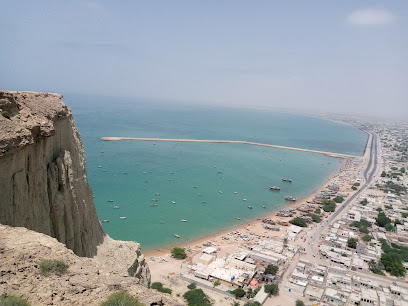
Bada Kharrari Picnic Point
Discover the serene beauty of Bada Kharrari Picnic Point in Balochistan, where nature and tranquility meet for an unforgettable experience.
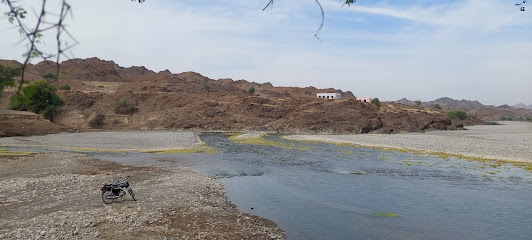
Unmissable attractions to see
Shaktipeeth Shri Hinglaj Mata Mandir
Discover the tranquility and spiritual richness of Shaktipeeth Shri Hinglaj Mata Mandir in the heart of Balochistan's stunning landscapes.
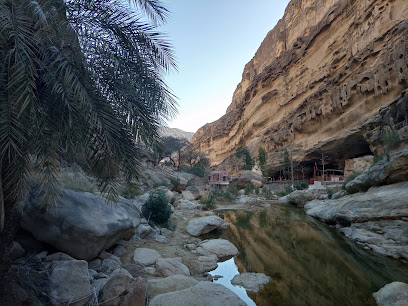
Hingol Balochistan National Park
Experience the breathtaking landscapes and rich biodiversity of Hingol Balochistan National Park, a true gem of Pakistan's natural heritage.
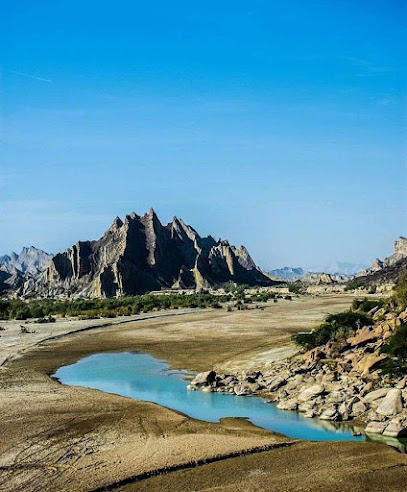
Kund Malir Beach Viewpoint
Discover the stunning beauty of Kund Malir Beach Viewpoint, a breathtaking coastal destination in Hingol National Park, Balochistan, Pakistan.
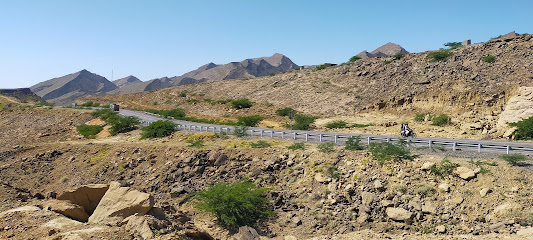
Chandragup Volcanos
Experience the breathtaking beauty and geological wonders of Chandragup Volcanos along the Makran Coastal Highway in Balochistan, Pakistan.
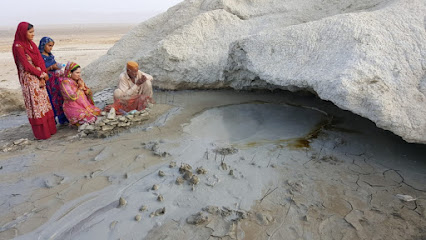
Buji Koh, Sapat Bandar, Hingol National Park
Explore the breathtaking beauty of Buji Koh in Hingol National Park, where stunning landscapes and bioluminescent beaches await.
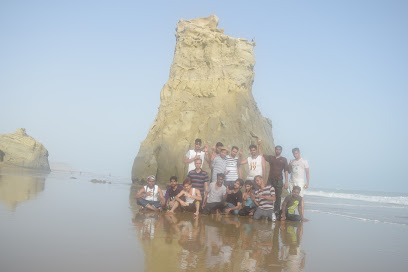
Buzzi Top Makran Costal Highway
Experience the stunning views and rich culture along the iconic Buzzi Top Makran Coastal Highway in Balochistan, Pakistan.
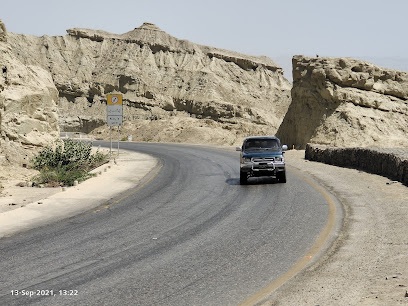
Kund Malir Seaside Balochistan
Experience the serene beauty of Kund Malir Seaside in Balochistan, where golden beaches and breathtaking sunsets await every traveler.
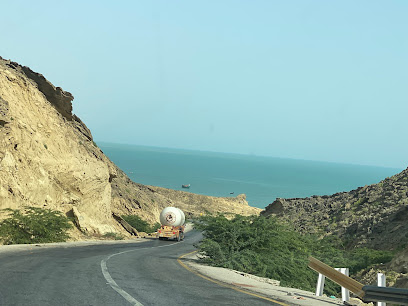
Marine Drive Recreation Park
Experience the breathtaking views and serene ambiance of Marine Drive Recreation Park, a coastal gem in Gwadar, Balochistan perfect for relaxation and adventure.
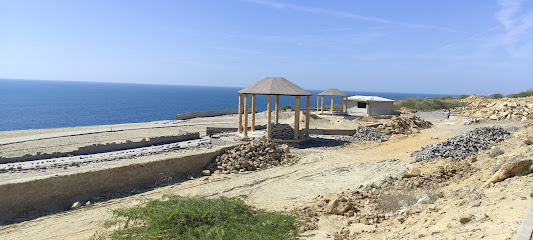
Road to Chandargup Mud Volcano
Explore the stunning Road to Chandargup Mud Volcano in Balochistan, where nature's artistry meets geological marvels in a captivating landscape.
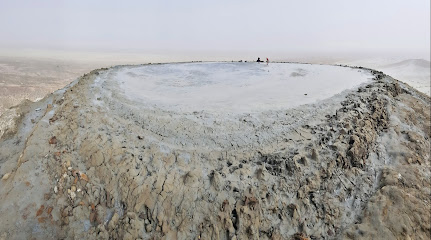
Koh e Batil Steps
Experience breathtaking views and cultural richness at Koh e Batil Steps in Gwadar, a stunning tourist attraction in Balochistan, Pakistan.
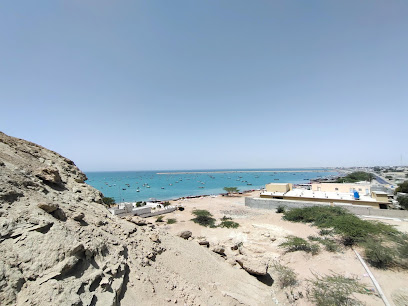
Bolan Safari
Experience the thrill of hunting and the beauty of nature at Bolan Safari in Ormara, Gwadar - an unforgettable adventure awaits.
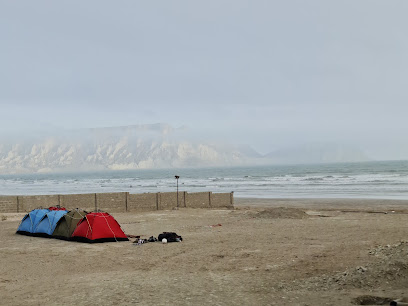
Entry Gate of Ormara
Discover the serene beauty and cultural richness at the Entry Gate of Ormara, where the Arabian Sea meets the unspoiled landscapes of Balochistan.
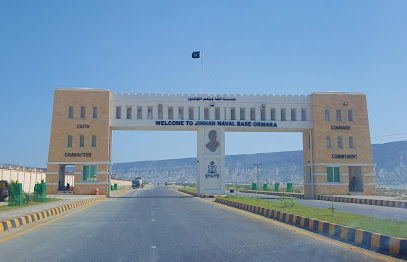
Maks Beach
Discover the beauty of Maks Beach in Balochistan, a tranquil campground perfect for relaxation, nature exploration, and memorable beach experiences.
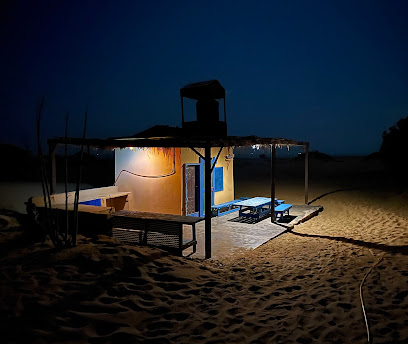
Koh e Batil
Discover Koh e Batil, a stunning coastal attraction in Gwadar, Balochistan, perfect for relaxation, exploration, and breathtaking sunsets.
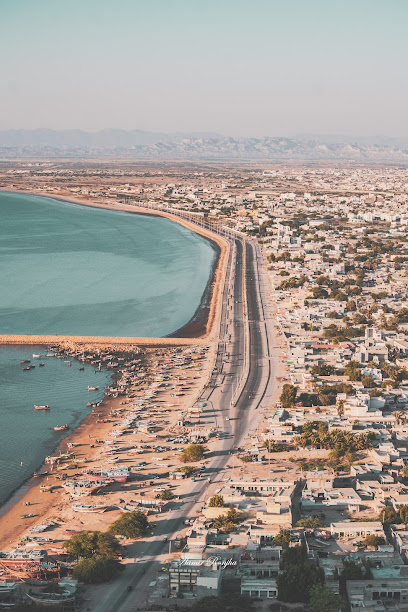
Akram Jetti
Experience the stunning coastal beauty and tranquility of Akram Jetti in Gwadar, Balochistan, a perfect getaway for nature lovers and adventure seekers.
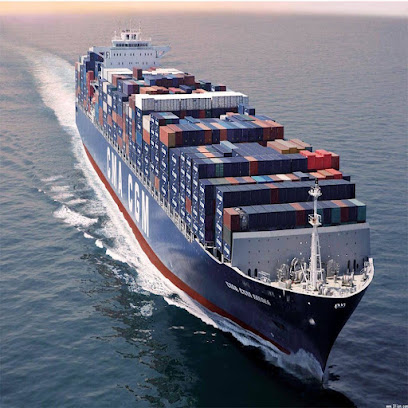
Essential places to dine
Zero Point Restaurant
Experience authentic Pakistani cuisine at Zero Point Restaurant along the breathtaking Makran Coastal Highway in Balochistan.
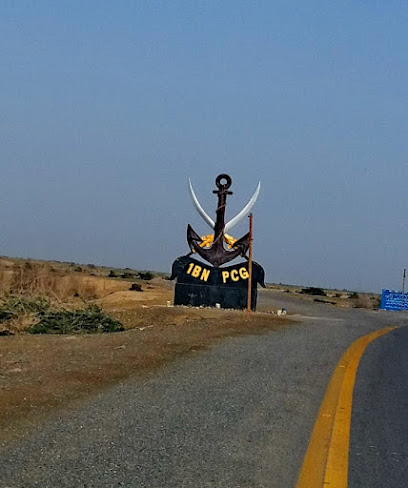
Hafth Talar Restaurant Ormara
Experience authentic Pakistani cuisine with stunning coastal views at Hafth Talar Restaurant in Ormara.
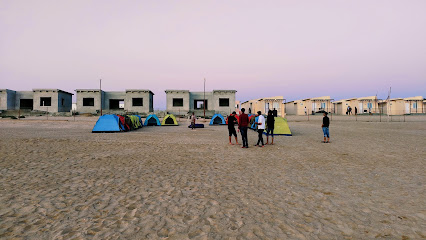
Beach Resort 99 Gwadar Pakistan
Discover culinary delights at Beach Resort 99 in Gwadar - where stunning ocean views meet exquisite local cuisine.
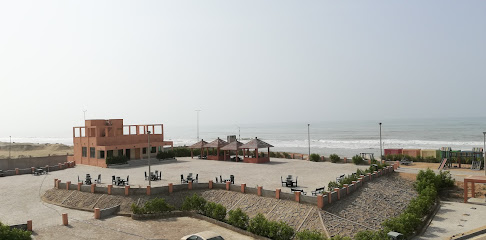
Kund Malir Hotel For Breakfast and Lunch
Experience delicious meals with stunning coastal views at Kund Malir Hotel in Balochistan, where local flavors meet warm hospitality.
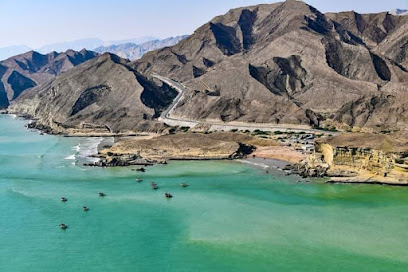
Karwat hotel
Experience authentic Balochistani cuisine at Karwat Hotel, your culinary oasis in Gwadar's scenic coastal landscape.
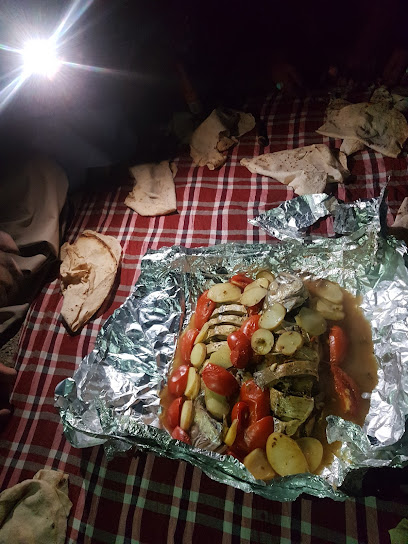
Al Mumtaz Restaurant
Experience authentic Balochistani cuisine at Al Mumtaz Restaurant in Ormara – where every dish tells a story.
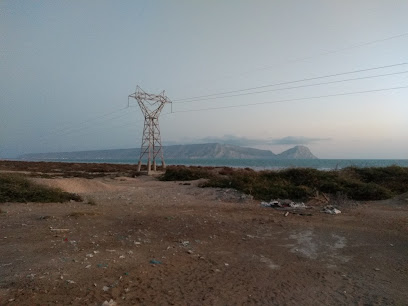
Kund Malir Restaurant
Discover culinary delights at Kund Malir Restaurant—where exquisite seafood meets breathtaking coastal views in Balochistan.
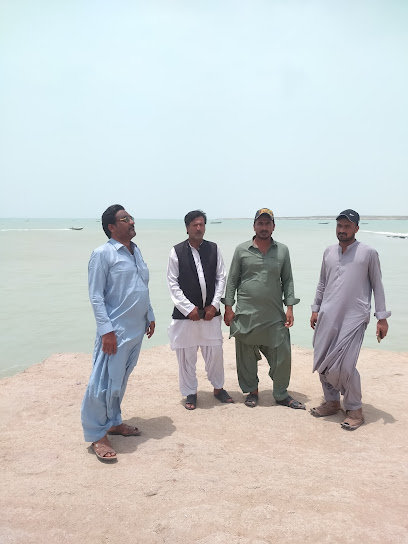
Restaurant
Experience authentic Balochi cuisine with breathtaking coastal views at this charming restaurant in Ormara, Balochistan.
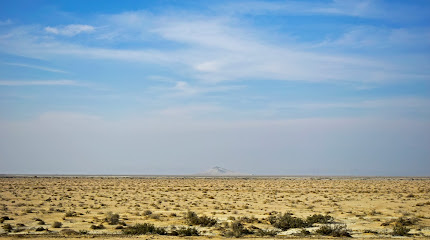
کویٹہ کنڈ ملیر ریسٹورنٹ
Experience authentic seafood cuisine at Kuwait Kon Malir Restaurant in Las Bela – where freshness meets flavor amidst stunning landscapes.
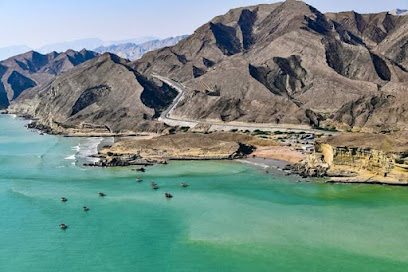
Quetta kund malir Restaurant
Discover authentic Balochistani flavors at Quetta Kund Malir Restaurant - a family-friendly culinary delight on the Makran Coastal Highway.
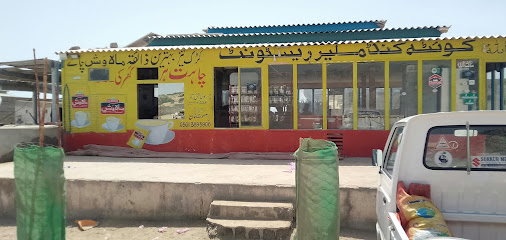
Mashallah New Qambar Jan Hotel Restaurant
Experience authentic Baloch cuisine at Mashallah New Qambar Jan Hotel Restaurant in Ormara—where every meal tells a story.
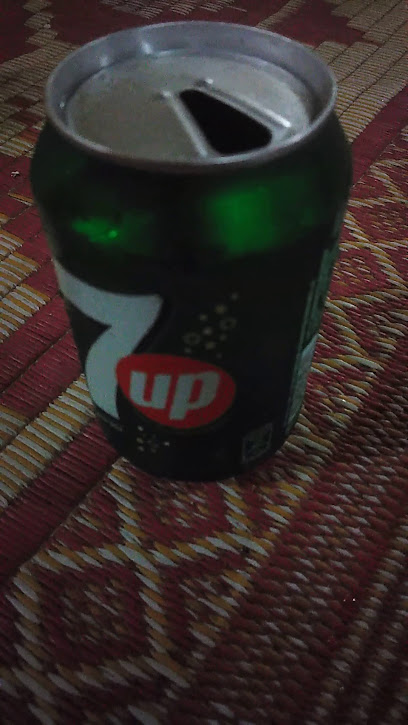
Highway hotel
Experience authentic Pakistani cuisine at Highway Hotel in Ormara, where stunning coastal views meet delightful local flavors.
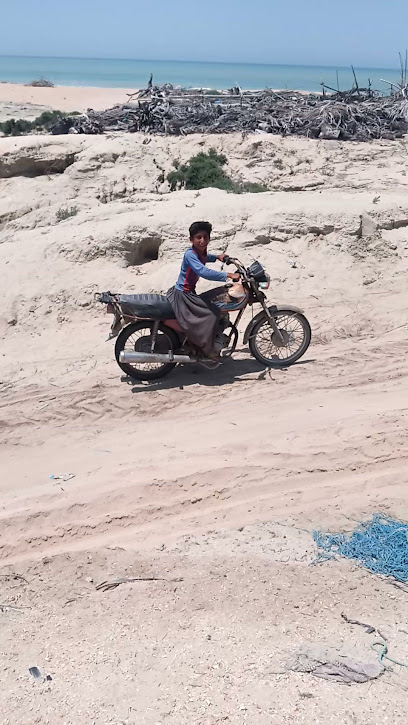
Markets, malls and hidden boutiques
CSD Ormara
Explore CSD Ormara, your go-to grocery destination in Gwadar offering a wide range of local and international products.
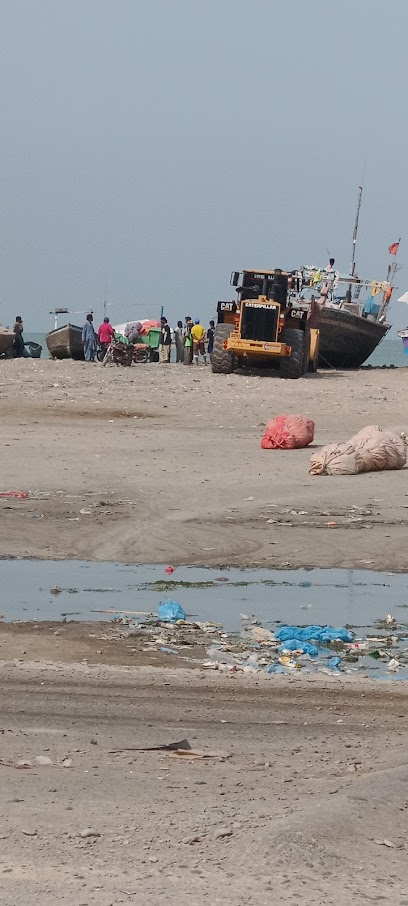
Pak-China Supermarket
Experience the essence of Gwadar at Pak-China Supermarket, your ultimate destination for fresh groceries and local delicacies.
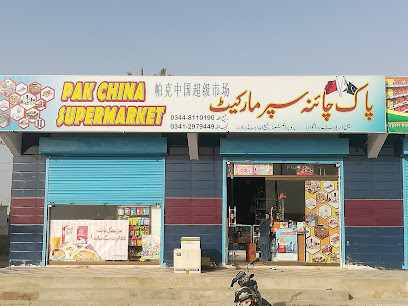
Buzzi Top Makran Costal Highway
Explore the breathtaking Buzzi Top Makran Coastal Highway, where stunning landscapes meet rich cultural experiences along Balochistan's coastline.
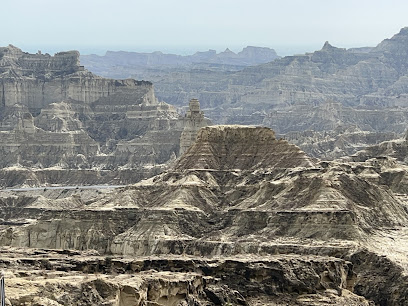
Kund Malir Seaside Balochistan
Explore the breathtaking Kund Malir Seaside in Balochistan, where golden sands meet turquoise waters for an unforgettable coastal experience.
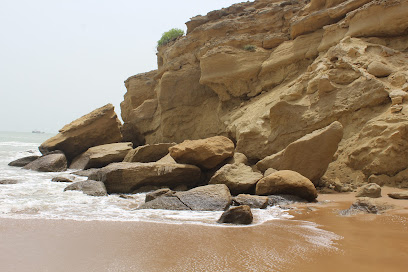
Naval Mart Ormara ShahRiaz
Discover local treasures and flavors at Naval Mart Ormara, a vibrant shopping hub showcasing the essence of Balochistan's culture.
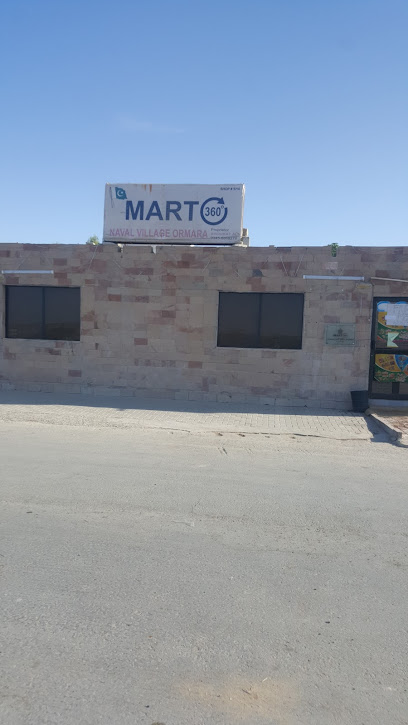
Family Shopping Mall
Explore the Family Shopping Mall in Gwadar for a unique blend of local groceries and community spirit, reflecting the vibrant culture of Balochistan.
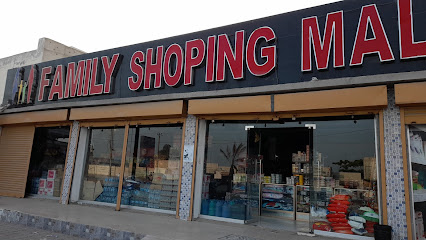
Kund Malir Fish Market
Discover the vibrant atmosphere and rich flavors of Kund Malir Fish Market, where fresh seafood and local culture blend seamlessly.
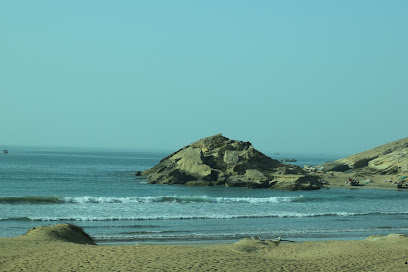
Makran mart
Experience the local flavors and vibrant atmosphere of Makran Mart in Pasni, Balochistan - a must-visit grocery store for every tourist.
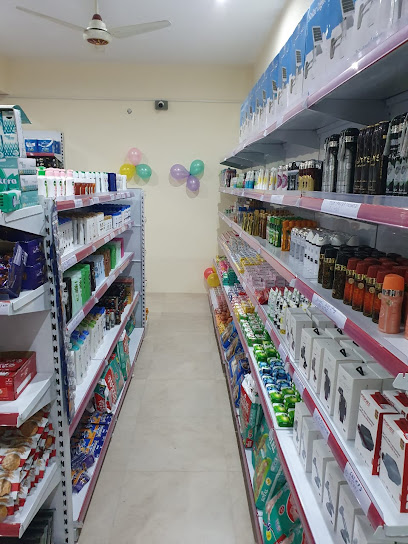
Mirwaiz chakar shop
Explore the vibrant Mirwaiz Chakar Shop in Pasni, a treasure trove of local culture and unique products in Gwadar, Balochistan.
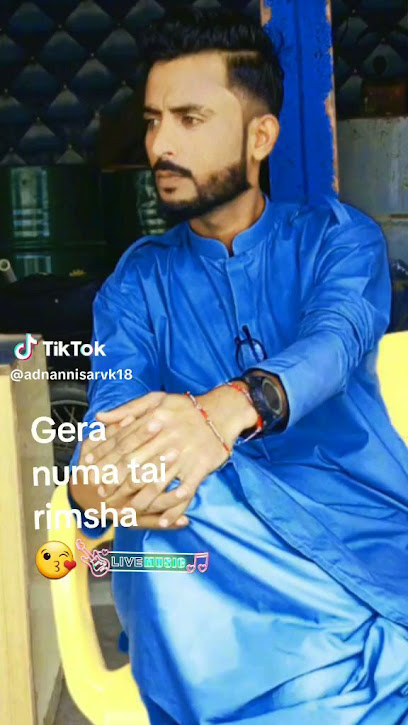
Fateh Muhammad General Store فتح محمد جنرل اسٹور
Explore the vibrant Fateh Muhammad General Store, a local gem in Ormara offering a diverse selection of goods and a taste of Balochistan's culture.
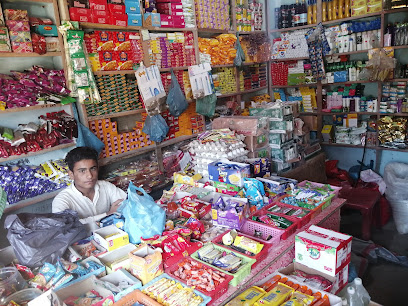
Ghulam Haider General Store
Discover Ghulam Haider General Store in Ormara - a local gem for essentials and a taste of Balochistan's hospitality.
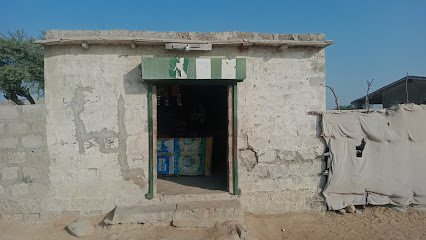
REHMAN TRADERS
Experience the local charm at Rehman Traders, Ormara’s trusted general store for essentials, snacks, and unique cultural souvenirs.

Saqib Hameed General Store
Explore the local culture at Saqib Hameed General Store in Ormara, a charming general store offering essentials and unique Balochistani products.
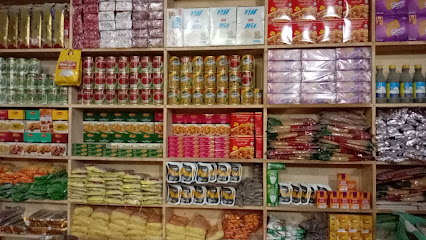
Al Noor General Store
Discover local treasures and authentic Balochistani goods at Al Noor General Store in Gwadar, a gem along the stunning Makran Coastal Highway.

Dadmuhammad General store
Explore Dadmuhammad General Store in Ormara for an authentic shopping experience featuring local goods and warm hospitality.
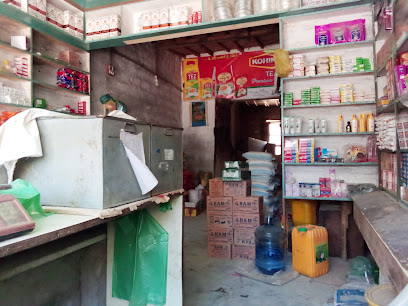
Essential bars & hidden hideouts
Zero Point Restaurant
Discover the authentic flavors of Balochistan at Zero Point Restaurant, situated along the stunning Makran Coastal Highway.
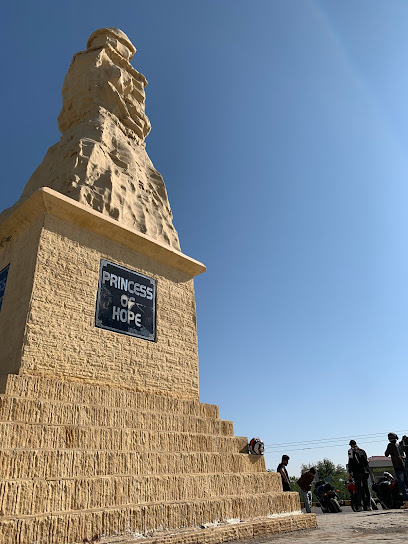
New Quetta Al Mumtaz Hotel
Experience the authentic flavors of Balochistan at New Quetta Al Mumtaz Hotel in Ormara, where delicious cuisine meets warm hospitality.
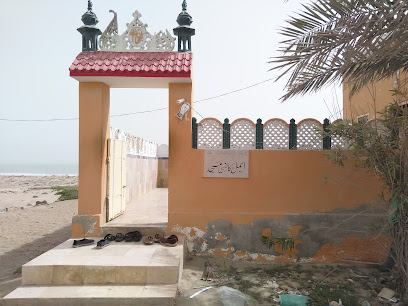
Hafth Talar Restaurant Ormara
Discover the culinary delights and breathtaking views at Hafth Talar Restaurant in Ormara, a must-visit stop along the Makran Coastal Highway.
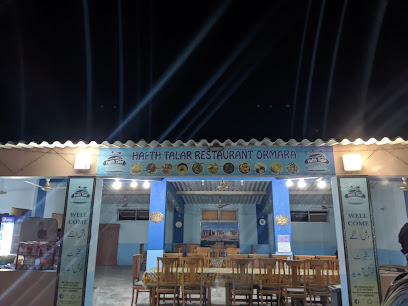
Gwadar Tonight
Experience the best of seafood dining at Gwadar Tonight, where every meal is a feast for the senses by the Arabian Sea.
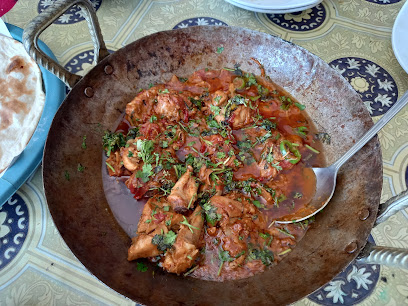
Karwat hotel
Experience the vibrant flavors of Gwadar at Karwat Hotel Restaurant, where local cuisine meets stunning coastal views.
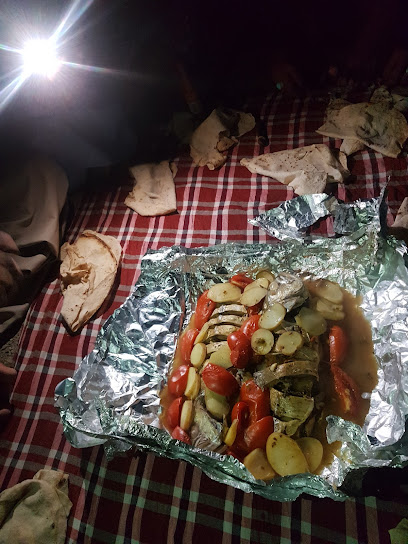
Al Mumtaz Restaurant
Discover the authentic tastes of Balochistan at Al Mumtaz Restaurant, where every dish tells a story of rich culinary tradition.
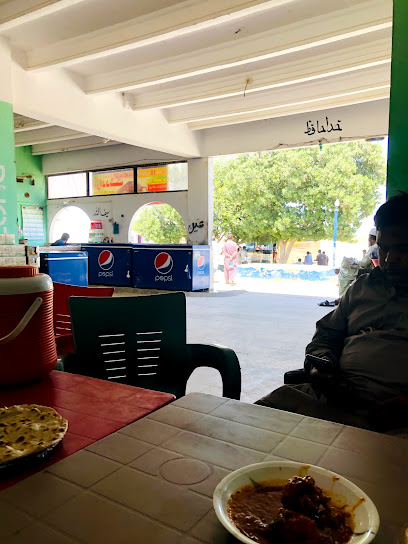
Cafe-De-Five
Discover delicious fast food at Café-De-Five, a must-visit spot along the scenic Makran Coastal Highway in Gwadar, Pakistan.
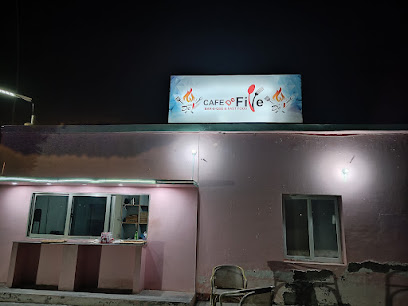
MILK BAR
Discover the vibrant atmosphere of MILK BAR in Uthal, Balochistan, where locals and tourists unite over delightful drinks and warm hospitality.

Restaurant
Experience the authentic tastes of Balochistan at this charming restaurant in Ormara, where every dish tells a story.
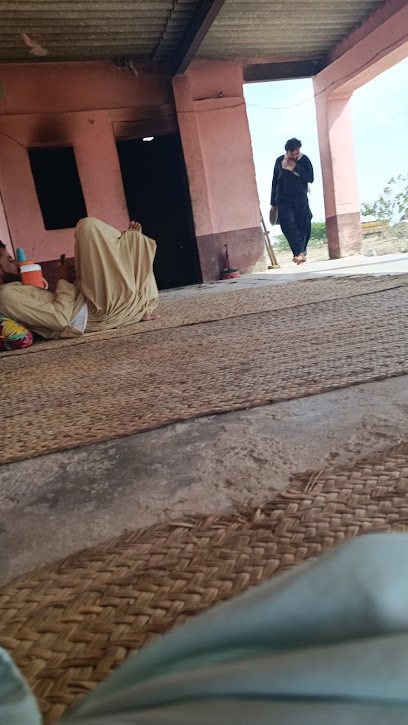
Mess AD21
Explore the flavors of Balochistan at Mess AD21, a delightful restaurant in Gwadar offering a unique culinary experience.

Ustad Zbad Hotel
Experience the authentic taste of Pakistani cuisine at Ustad Zbad Hotel, a hidden gem in Gwadar's culinary scene.

Gazebo Park
Experience tranquility at Gazebo Park, a scenic haven in Gwadar, Balochistan, perfect for relaxation and family gatherings.
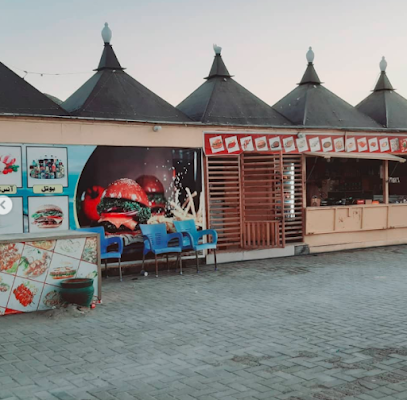
کویٹہ کنڈ ملیر ریسٹورنٹ
Experience the authentic taste of Balochistan at کویٹہ کنڈ ملیر ریسٹورنٹ, where fresh seafood meets local culinary traditions.
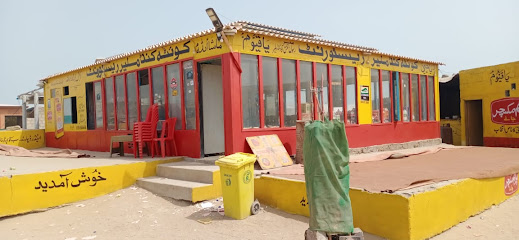
Liari Check Post
Experience the vibrant nightlife and local culture at Liari Check Post, a must-visit bar in Las Bela, Balochistan.

Local Phrases about Makran Coastal Highway
-
- Helloسلام
[salaam] - Goodbyeخدا حافظ
[khuda hafiz] - Yesہاں
[haan] - Noنہیں
[nahin] - Please/You're welcomeبراہ کرم
[baraah karam] - Thank youشکریہ
[shukriya] - Excuse me/Sorryمعاف کیجیے
[maaf kijiye] - How are you?آپ کیسے ہیں؟
[aap kaise hain?] - Fine. And you?ٹھیک ہوں۔ آپ؟
[theek hoon. aap?] - Do you speak English?کیا آپ انگریزی بولتے ہیں؟
[kya aap angrezi boltay hain?] - I don't understandمجھے سمجھ نہیں آرہا
[mujhe samajh nahi araha]
- Helloسلام
-
- I'd like to see the menu, pleaseبراہ کرم مینو دیکھنا چاہتا ہوں
[baraah karam menu dekhna chata hoon] - I don't eat meatمیں گوشت نہیں کھاتا
[mein gosht nahi khata] - Cheers!خوش رہیں!
[khush rahain] - I would like to pay, pleaseبراہ کرم ادا کرنا چاہتا ہوں
[baraah karam ada karna chata hoon]
- I'd like to see the menu, pleaseبراہ کرم مینو دیکھنا چاہتا ہوں
-
- Help!مدد کریں!
[madad karein] - Go away!دور ہو جاؤ!
[door ho jao] - Call the Police!پولیس کو بلاؤ!
[police ko bulao] - Call a doctor!ڈاکٹر کو بلاؤ!
[doctor ko bulao] - I'm lostمیں گم ہو گیا ہوں
[mein gum ho gaya hoon] - I'm illمیں بیمار ہوں
[mein bemar hoon]
- Help!مدد کریں!
-
- I'd like to buy...میں خریدنا چاہتا ہوں...
[mein khareedna chata hoon] - I'm just lookingمیں صرف دیکھ رہا ہوں
[mein sirf dekh raha hoon] - How much is it?یہ کتنا ہے؟
[yeh kitna hai?] - That's too expensiveیہ بہت مہنگا ہے
[yeh bohat mehnga hai] - Can you lower the price?کیا آپ قیمت کم کرسکتے ہیں؟
[kya aap qeemat kam kar sakte hain?]
- I'd like to buy...میں خریدنا چاہتا ہوں...
-
- What time is it?وقت کیا ہوا ہے؟
[waqt kya hua hai?] - It's one o'clockایک بجے ہیں
[aik baje hain] - Half past (10)(10) کو ایک نصف ہوں
[(10) ko ek nisf hoon] - Morningصبح
[subah] - Afternoonدوپہر
[dopahar] - Eveningشام
[shaam] - Yesterdayکل
[kal] - Todayآج
[aaj] - Tomorrowکل
[kal] - 1ایک
[aik] - 2دو
[do] - 3تین
[teen] - 4چار
[chaar] - 5پانچ
[paanch] - 6چھ
[chhe] - 7سات
[saat] - 8آٹھ
[aath] - 9نو
[no] - 10دس
[das]
- What time is it?وقت کیا ہوا ہے؟
-
- Where's a/the...?...کہاں ہے؟
[kahan hai?] - What's the address?پتہ کیا ہے؟
[pata kya hai?] - Can you show me (on the map)?کیا آپ مجھے دکھا سکتے ہیں؟
[kya aap mujhe dikha sakte hain?] - When's the next (bus)?اگلی (بس) کب ہے؟
[agli (bus) kab hai?] - A ticket (to ....)ایک ٹکٹ (سے ....)
[aik ticket (se ....)]
- Where's a/the...?...کہاں ہے؟
History of Makran Coastal Highway
-
The Makran Coastal Highway traces part of the ancient trade routes that once connected the civilizations of the Indus Valley, Mesopotamia, and Persia. Evidence suggests that traders and merchants used these coastal routes to transport goods such as spices, textiles, and precious stones. The region's strategic location made it a vital part of the Silk Road network, facilitating the exchange of culture and knowledge.
-
In 325 BCE, Alexander the Great's fleet, led by Admiral Nearchus, navigated the Makran coast during their return journey to Babylon. The harsh and arid conditions of the Makran Desert posed significant challenges to the expedition, leading to heavy casualties among Alexander's troops. This historical event underscores the region's formidable landscape and its impact on ancient military campaigns.
-
The Makran region became a focal point during the early Islamic conquests in the 7th century. Under the leadership of Muhammad bin Qasim, the Umayyad Caliphate extended its reach into the Indian subcontinent. The conquest of Makran paved the way for the establishment of Islamic rule in Sindh and further inland, marking a significant cultural and religious transformation in the region.
-
During the 16th century, the Portuguese established a presence along the Makran coast, aiming to control the lucrative maritime trade routes of the Indian Ocean. They built fortresses and engaged in naval skirmishes with local rulers. The remnants of Portuguese architecture and influence can still be seen in some coastal towns, reflecting the era's complex geopolitical dynamics.
-
In the 19th century, the British Empire recognized the strategic importance of the Makran coast for maritime navigation and trade. They constructed infrastructure and established ports to facilitate their colonial ambitions. The development of the coastal highway during this period laid the groundwork for modern transportation networks and connected the region more effectively with the rest of British India.
-
Gwadar, a key port city along the Makran Coastal Highway, has a rich history of strategic importance. Initially under Omani control, it was purchased by Pakistan in 1958. Today, Gwadar is a focal point of the China-Pakistan Economic Corridor (CPEC), aiming to enhance trade and economic development between the two countries. The port's development has brought renewed attention to the Makran coast, positioning it as a crucial node in regional geopolitics.
Makran Coastal Highway Essentials
-
The Makran Coastal Highway stretches along the coastline of Balochistan in Pakistan, connecting Karachi to Gwadar. The nearest major airport is Jinnah International Airport in Karachi. From Karachi, you can rent a car or hire a private taxi to travel the scenic highway. Alternatively, there are intercity buses that operate from Karachi to Gwadar, making stops at various points along the highway.
-
Traveling along the Makran Coastal Highway is best done by car to fully appreciate the scenic views and have the flexibility to stop at various points of interest. Car rentals are available in Karachi. Public transport options include intercity buses, which are less frequent and may not stop at all tourist sites. For local travel within towns like Gwadar, taxis and rickshaws are available.
-
The official currency in Pakistan is the Pakistani Rupee (PKR). Credit cards are accepted in larger hotels and some restaurants, but cash is preferred in smaller establishments and rural areas. ATMs are available in larger towns like Karachi and Gwadar, but it's advisable to carry sufficient cash when traveling along the highway.
-
The Makran Coastal Highway is generally safe for tourists, but standard precautions should be taken. Avoid traveling at night and stay updated on local news. Some remote areas may have limited police presence, so it is best to travel in groups if possible. Be cautious in crowded areas and keep your belongings secure. Areas closer to the Iranian border should be avoided without proper guidance.
-
In case of an emergency, dial 15 for police assistance and 1122 for medical emergencies. Major towns along the highway like Gwadar and Ormara have medical facilities, but for serious medical emergencies, it is advisable to head to Karachi. It's recommended to have travel insurance that covers medical emergencies. Keep a list of local emergency contacts handy.
-
Fashion: Do dress modestly; women should cover their heads when visiting religious sites. Avoid wearing revealing clothing. Religion: Do respect local customs and religious practices. Public Transport: Do be patient and courteous. Don't eat or drink on public transport. Greetings: Do greet people with 'Assalamu Alaikum' and a handshake. Avoid physical contact with the opposite gender. Eating & Drinking: Do try local seafood delicacies. Don't refuse food or drink offered as hospitality; it may be considered impolite.
-
To experience the Makran Coastal Highway like a local, visit the small fishing villages along the coast. Engage with the local fishermen and learn about their way of life. Don't miss the natural wonders like the Hingol National Park and the Princess of Hope rock formation. Try the local seafood at roadside dhabas (eateries) for an authentic culinary experience.
Trending Landmarks in Makran Coastal Highway
-
Kund Malir Beach Resort
-
Hingol Balochistan National Park
-
Princess of Hope
-
Kund malir Beach
-
Zero Point Restaurant
-
Kund Malir Beach Viewpoint
-
Chandragup Volcanos
-
Buzzi Top Makran Costal Highway
-
Kund Malir Seaside Balochistan
-
Road to Chandargup Mud Volcano
-
Makran Coastal Range
-
Koh e Batil
-
Golden Beach
-
Balochistan Point
-
Bada Kharrari Picnic Point
Nearby Cities to Makran Coastal Highway
-
Things To Do in Hyderabad
-
Things To Do in Sur
-
Things To Do in Quetta
-
Things To Do in Muscat
-
Things To Do in Rustaq
-
Things To Do in Jaisalmer
-
Things To Do in Nizwa
-
Things To Do in Bahla
-
Things To Do in Sohar
-
Things To Do in Khor Fakkan
-
Things To Do in Fujairah
-
Things To Do in Dibba Al-Fujairah
-
Things To Do in Rajkot
-
Things To Do in Khasab
-
Things To Do in Ibri












